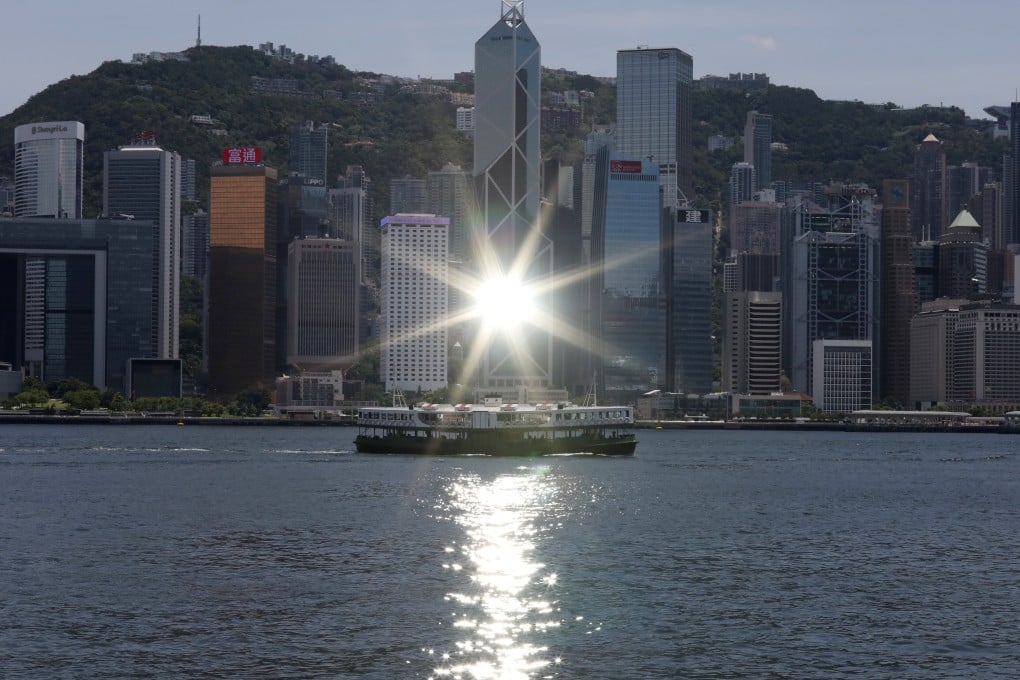Advertisement
Opinion | US sanctions: Hong Kong’s best defence is to reinvent itself as China’s top financial hub
- Hong Kong reassembles a fine porcelain store in which two powerful bulls have locked horns
- It is vital to minimise the damage both by emphasising why Hong Kong should still be attractive to international firms and by leveraging the China factor
Reading Time:3 minutes
Why you can trust SCMP

In the wake of US President Donald Trump’s executive order to revoke Hong Kong’s special status, as previously rendered under the Hong Kong Policy Act, the US government recently announced that goods exported from Hong Kong must be relabelled “Made in China” beginning in late September.
Most economists and businessmen regard the material impact on Hong Kong as insignificant because Hong Kong does not manufacture goods bound for the American market except some jewellery and food products.
Moreover, the label “Made in China” is not bad at all. China-made goods are popular and well known in South American and African countries, which are predicted to be some of the fastest-growing markets in the next decade.
Advertisement
Perhaps we can further develop these markets for our famous Hong Kong products, such as toys, watches, craft beer, home appliances, vacuum flasks and precious stone accessories. But who knows if Hong Kong’s reindustrialisation will take off?
The US decision to insist that Hong Kong’s goods bound for the American market are labelled “Made in China” raises the question of whether other markets will follow suit. Would the international community take this as the beginning of the process of bringing this city into the fold of the league of key Chinese cities so that Hong Kong loses its uniqueness?

12:13
‘No winner’ amid rising US-China tensions, says Hong Kong’s commerce chief Edward Yau
‘No winner’ amid rising US-China tensions, says Hong Kong’s commerce chief Edward Yau
Would Hong Kong’s distinct character, particularly its global outlook, slowly dissipate?
Advertisement
Select Voice
Choose your listening speed
Get through articles 2x faster
1.25x
250 WPM
Slow
Average
Fast
1.25x
